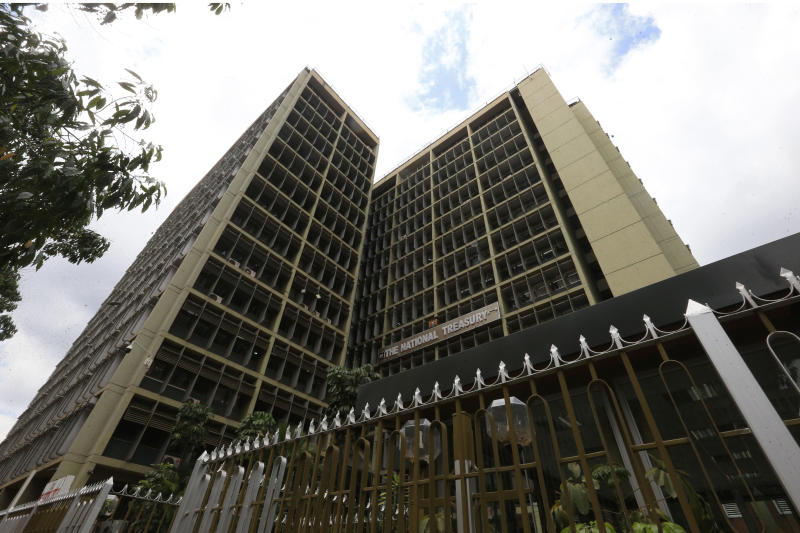×
The Standard e-Paper
Stay Informed, Even Offline

A global agency Moody’s yesterday changed the outlook of Kenya’s credit worthiness to negative, citing the country’s massive debt obligations.
By changing the outlook from stable to negative, the US-based rating agency has essentially raised a red flag on the possibility of Kenya defaulting on its debt.